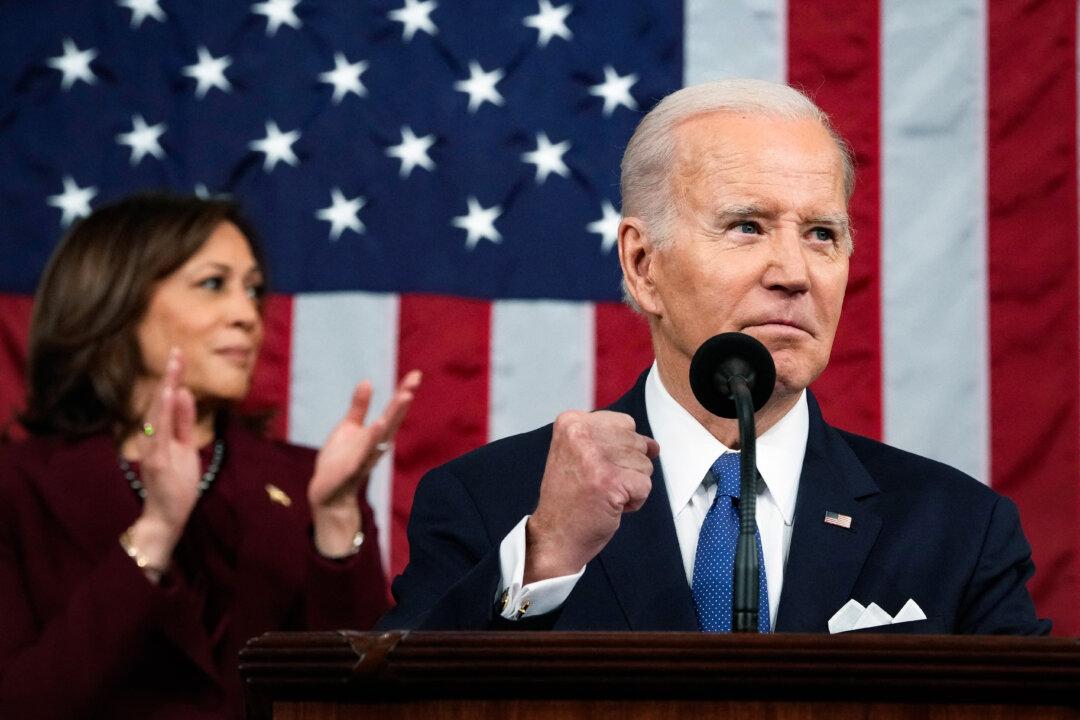The federal government announced a new effort that seeks to ensure that businesses do not waste people’s time and money with unnecessary policies and procedures.
The Time Is Money initiative aims to “crack down on all the ways that corporations—through excessive paperwork, hold times, and general aggravation—add unnecessary headaches and hassles to people’s days and degrade their quality of life,” according to an Aug. 12 White House fact sheet.





